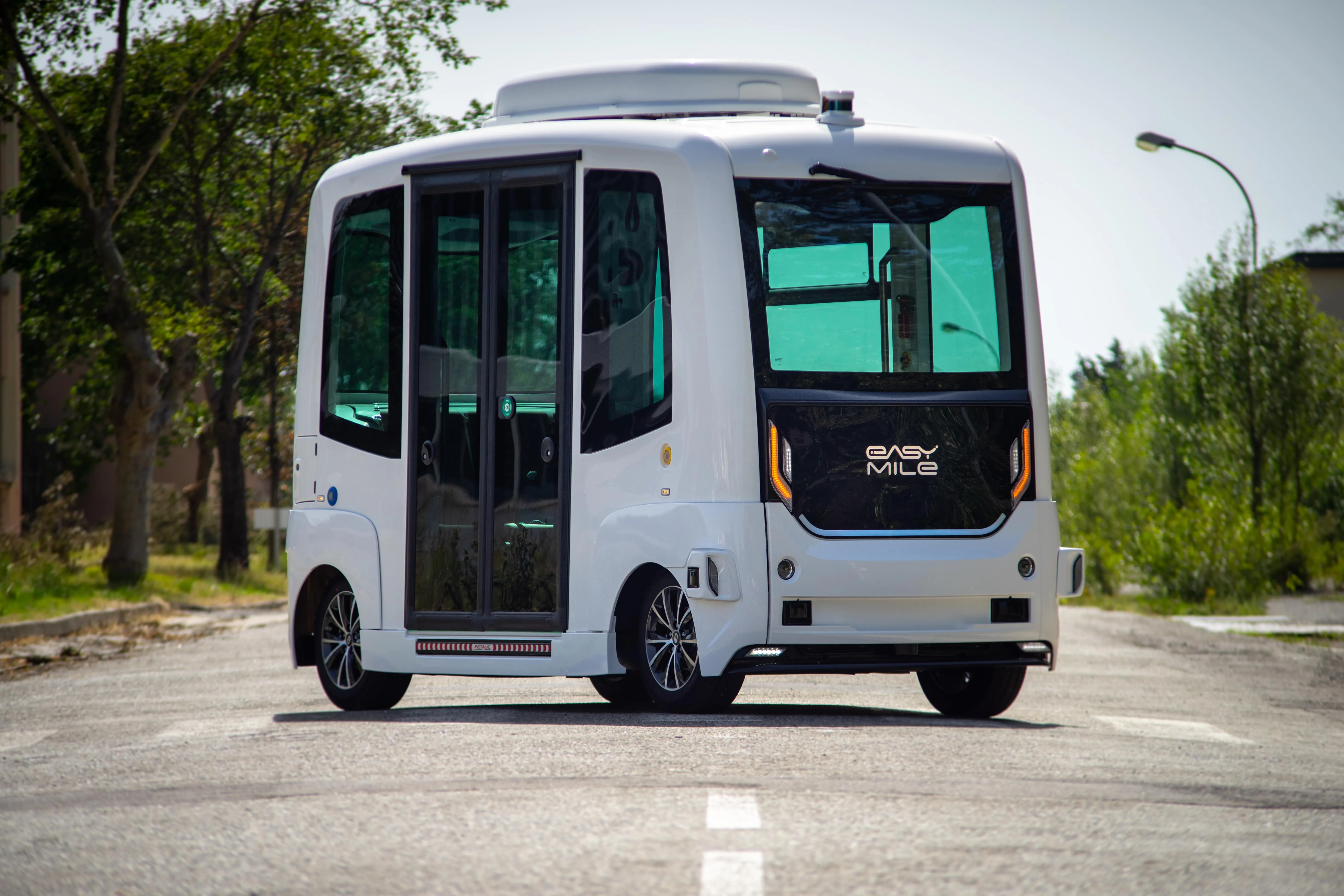Confidence. A little word with big implications. For example, electric vehicles (EVs) are coming in big numbers. We all know this. Falling battery costs and increasing environmental concerns are pushing the industry towards a tipping point. Figures from the latest Bloomberg New Energy Finance report suggest that there will be 30 million electric cars in the world by 2030, and that China will account for half this number before then. EVs are, governments and urban authorities tell us, A Good Thing: fewer emissions, less of a drain on finite resources, and so on. And anyway, if you want to drive your petrol or diesel vehicle in a built-up area in a decade or so’s time, then look forward to paying more for the privilege…it might be simpler for many of us to abandon the internal combustion engine altogether. There is no doubt about it: EVs will play an important part in the mobility mix in the near future. With that in mind, perhaps it pays to look ahead. But…then the C word rears its head. The fear that you and your gleaming electric car will be conked out in the middle of nowhere because you haven’t been able to find a charging point – so-called ‘range anxiety’ – prevents us from investing. Part of the answer to this lies in creating a comprehensive charging network which will banish these negative thoughts. Easier said than done. For instance, converting lampposts into charging points might help city drivers but it isn’t going to cut it for those on longer journeys (see Shock therapy, p39). Then there’s the whole question of managing increased and unpredictable demand to the power grid. Our Interview (p17) with one of the new disrupters in the energy market, Pivot Power, also throws up the vexed issue of customer experience, with some surprising results. Meanwhile, EVs aren’t the only area where the thrill of the new is creating a pleasant frisson of commercial excitement. Anyone claiming to understand the full implications of blockchain is probably deluding themselves, but in this issue we make an attempt at examining how distributed ledger technology might affect ITS (see Never break the chain, p43). Judge for yourselves whether you are any the wiser after reading it – and, as ever, please let me know
The 'C' word - confidence - may be holding back EV investment
Confidence. A little word with big implications. For example, electric vehicles (EVs) are coming in big numbers. We all know this. Falling battery costs and increasing environmental concerns are pushing the industry towards a tipping point. Figures from the latest Bloomberg New Energy Finance report suggest that there will be 30 million electric cars in the world by 2030, and that China will account for half this number before then. EVs are, governments and urban authorities tell us, A Good Thing: fewer
October 22, 2018
Read time: 3 mins








